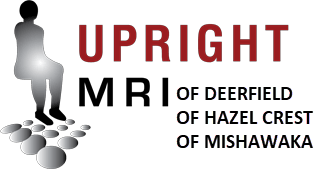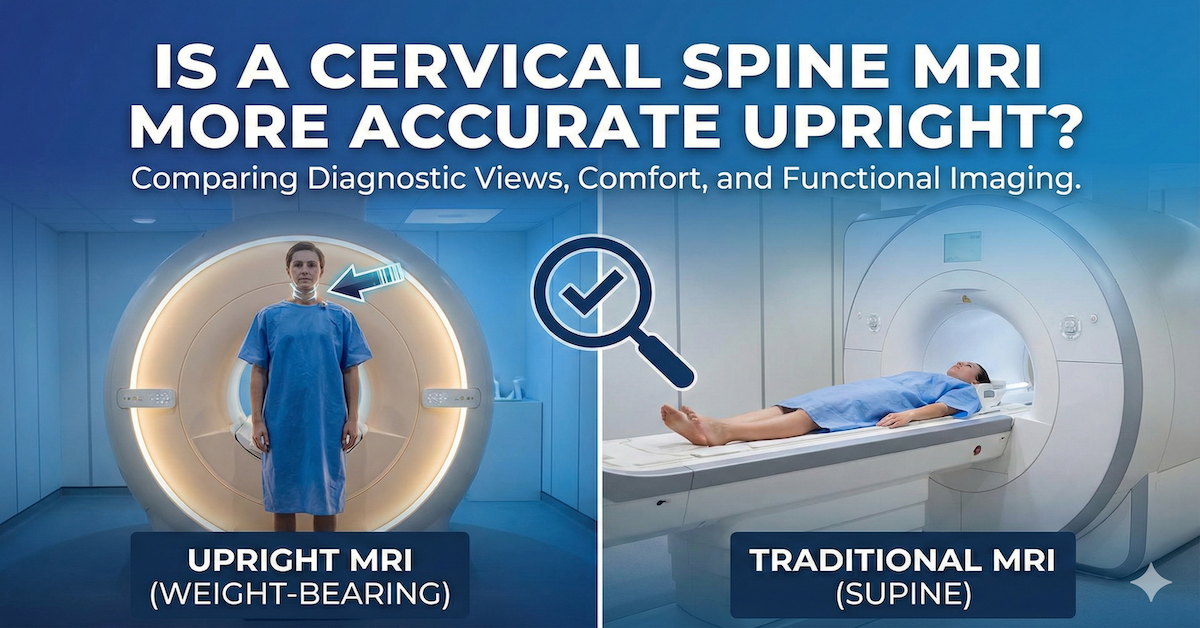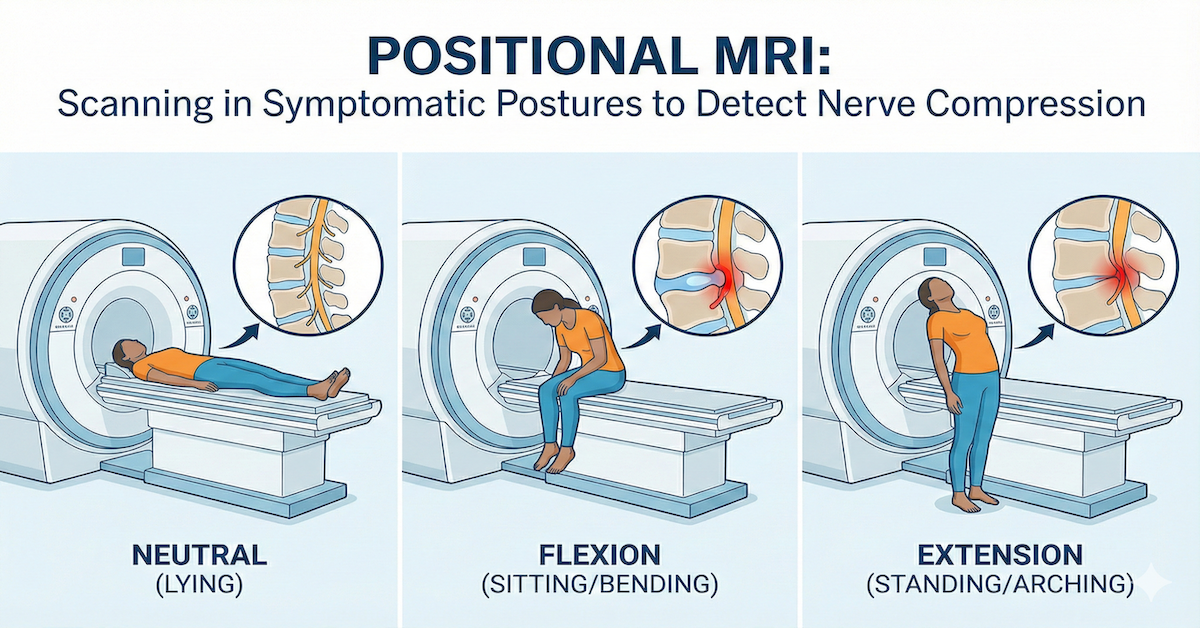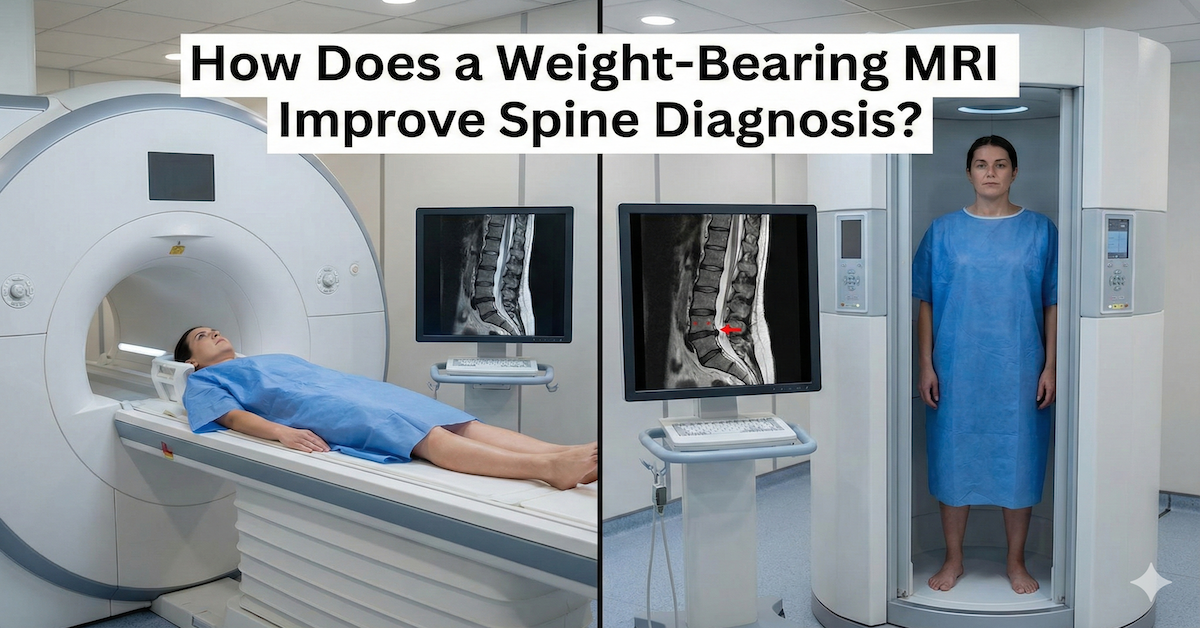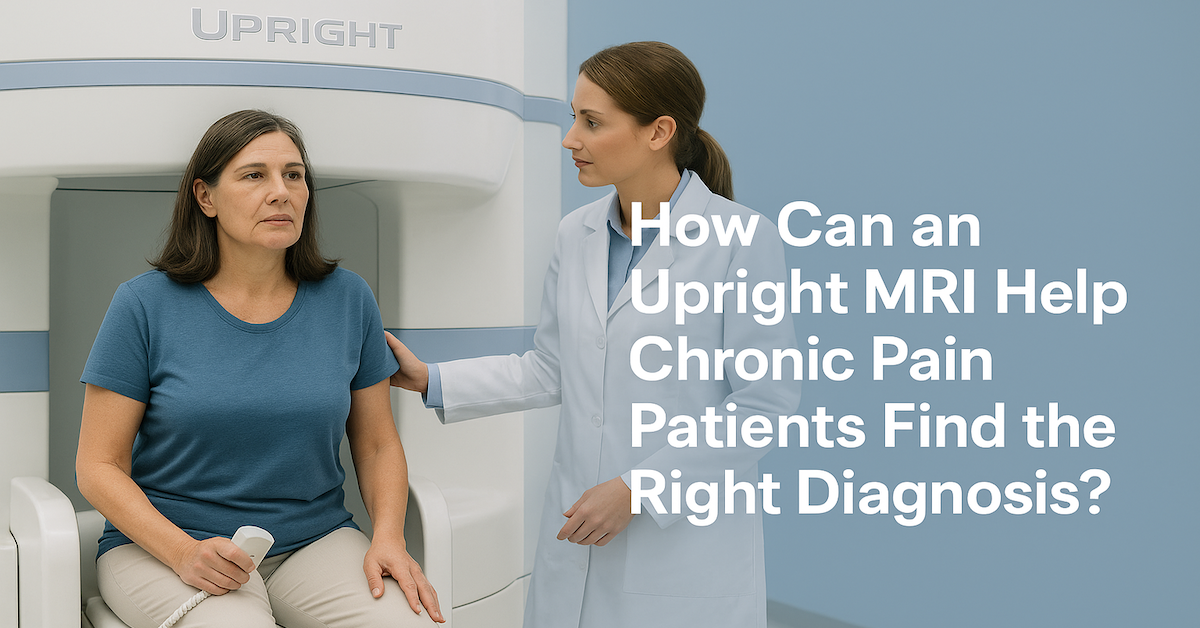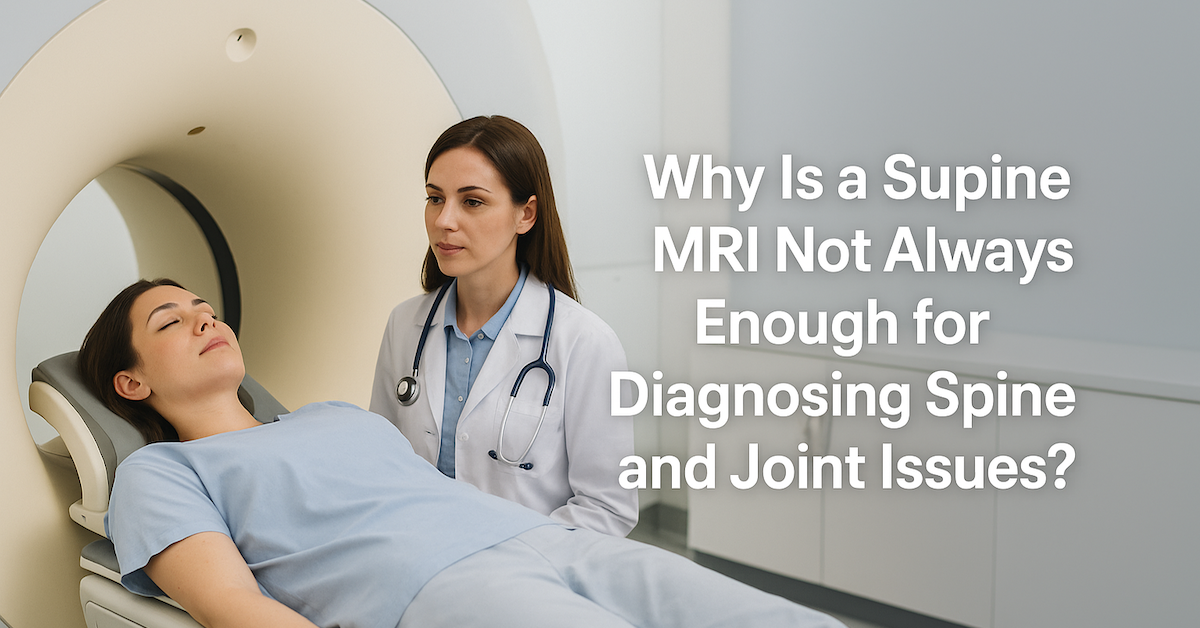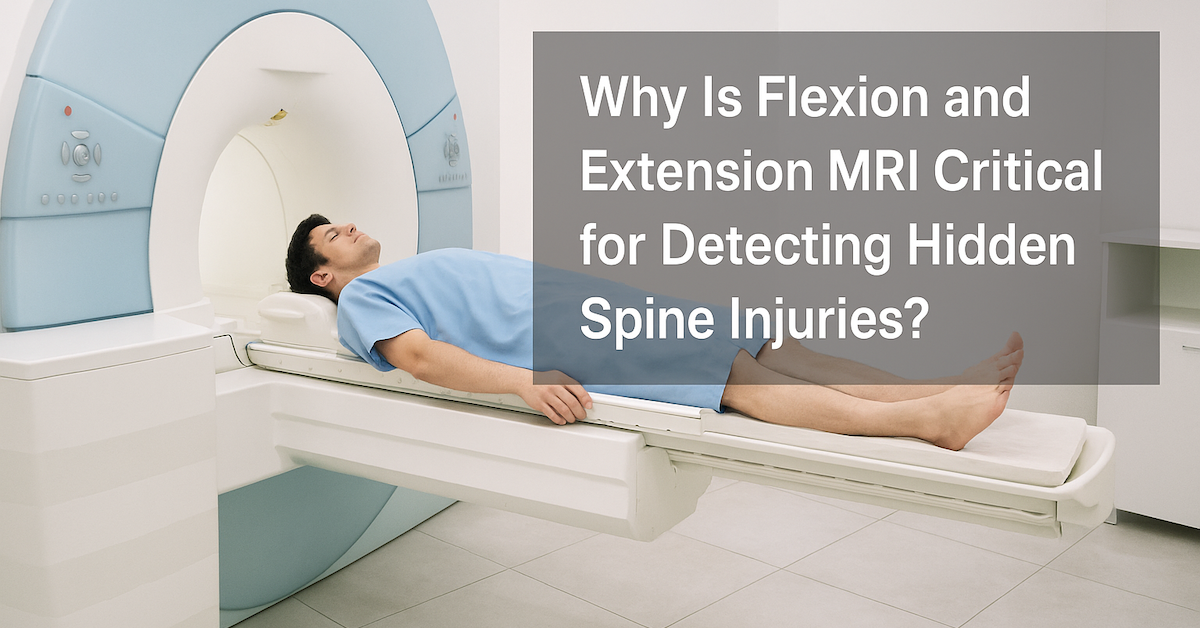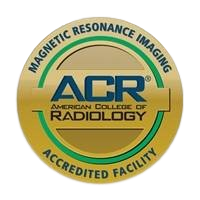How Does MRI Help in Diagnosing Brain Conditions?
In the realm of modern medicine, Magnetic Resonance Imaging (MRI) stands as a cornerstone for diagnosing a multitude of health conditions, especially those pertaining to the intricate organ that is the brain. This non-invasive imaging technique provides invaluable insights into the inner workings of the brain, aiding in the timely and accurate diagnosis of various neurological conditions. Let's delve into the fascinating world of MRI and its pivotal role in diagnosing brain conditions.
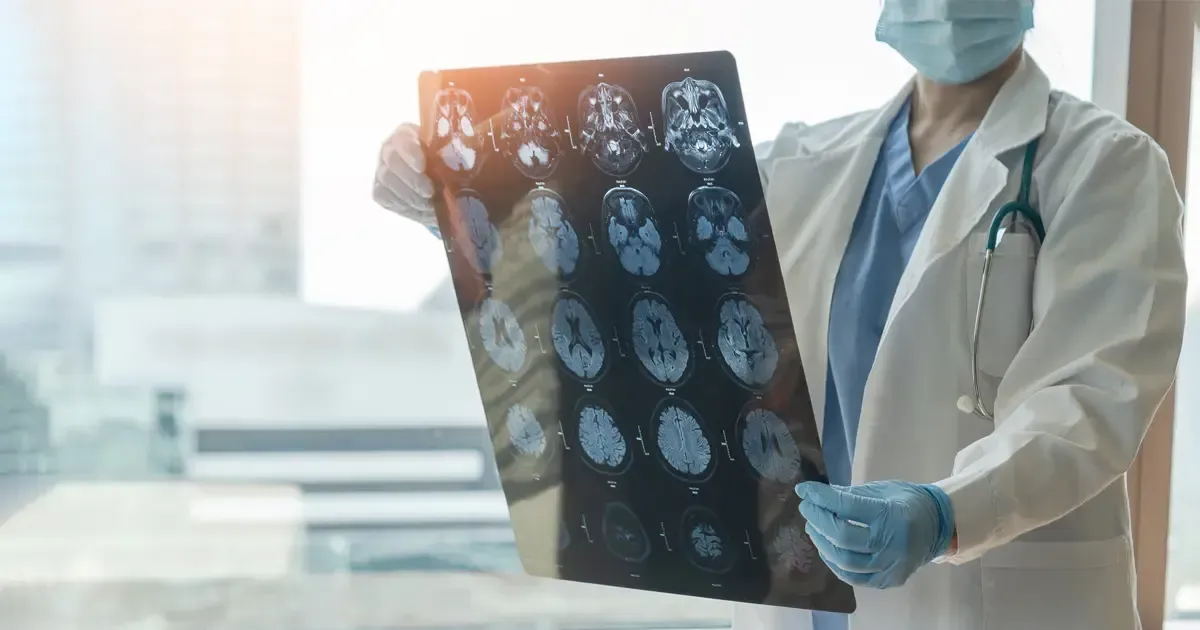
Principles of MRI
At the heart of MRI lies a fascinating interplay of magnetic fields and radio waves. Unlike conventional X-rays, which use ionizing radiation, MRI harnesses the power of strong magnetic fields and radiofrequency pulses to generate detailed images of the brain and its structures. As the patient lies within the MRI scanner, the magnetic field aligns the hydrogen atoms within the body. When radio waves are briefly applied, these atoms emit signals that are captured and processed to create highly detailed cross-sectional images of the brain.
Advantages of MRI in Brain Imaging
MRI offers several distinct advantages in imaging the brain. Firstly, it provides unparalleled resolution, allowing healthcare professionals to visualize even the tiniest structures within the brain with remarkable clarity. Furthermore, MRI is non-invasive, eliminating the need for exposure to harmful radiation. This makes it particularly well-suited for repeated imaging studies, essential for monitoring progressive neurological conditions over time. Additionally, MRI excels in differentiating between various types of soft tissues, enabling precise localization and characterization of abnormalities within the brain.
Common Brain Conditions Diagnosed with MRI
MRI plays a pivotal role in diagnosing a wide array of brain conditions. One such condition is brain tumors, where MRI helps in identifying the presence, size, and location of tumors within the brain. Moreover, MRI is indispensable in the diagnosis of stroke, allowing healthcare providers to pinpoint areas of ischemia or hemorrhage in the brain rapidly. In addition to tumors and stroke, MRI aids in the diagnosis and monitoring of conditions such as Multiple Sclerosis (MS) and Traumatic Brain Injury (TBI), providing crucial insights into disease progression and treatment efficacy.
Preparing for an MRI Brain Scan
For individuals undergoing an MRI brain scan, preparation is key to ensuring a smooth and successful imaging experience. Patients are typically advised to remove any metal objects or jewelry and to inform the healthcare provider of any medical conditions or implants beforehand. Additionally, patients may be instructed to refrain from consuming food or drinks containing caffeine prior to the scan to minimize potential motion artifacts. Addressing any concerns or anxieties about the procedure beforehand can also help alleviate apprehension and ensure a more comfortable experience.
Interpreting MRI Brain Images
Interpreting MRI brain images requires specialized expertise, typically provided by radiologists trained in neuroimaging. These healthcare professionals analyze the images to identify and characterize various brain structures and abnormalities accurately. From identifying subtle lesions to assessing the overall brain morphology, radiologists play a crucial role in translating MRI findings into actionable diagnostic information. Their expertise ensures that patients receive timely and accurate diagnoses, guiding subsequent treatment decisions effectively.
Limitations and Considerations
While MRI is a powerful diagnostic tool, it does have certain limitations and considerations. Factors such as patient movement during the scan can introduce artifacts and compromise image quality. Additionally, the presence of metallic implants or foreign bodies within the body may limit the feasibility of MRI imaging. In such cases, alternative imaging modalities may need to be considered. Furthermore, while MRI is highly sensitive in detecting structural abnormalities, it may not always provide definitive answers, necessitating complementary diagnostic tests or clinical correlation.
Future Trends and Developments in MRI Brain Imaging
Looking ahead, the field of MRI brain imaging continues to evolve at a rapid pace, driven by advancements in technology and innovation. Emerging techniques such as functional MRI (fMRI) hold promise for studying brain function and connectivity, offering insights into the neural networks underlying various cognitive processes. Furthermore, developments in diffusion tensor imaging (DTI) and magnetic resonance spectroscopy (MRS) offer new avenues for investigating white matter integrity and metabolic changes within the brain. As MRI technology continues to progress, so too will its potential to revolutionize our understanding and management of brain-related disorders.
Conclusion
In conclusion, MRI stands as a cornerstone in the diagnosis and management of brain conditions, offering unparalleled insights into the inner workings of the human brain. From its non-invasive nature to its exceptional imaging capabilities, MRI plays a vital role in guiding clinical decision-making and improving patient outcomes. At Upright MRI of Deerfield, we are committed to harnessing the power of MRI to promote brain health and wellbeing, ensuring that patients receive the highest standard of care in neuroimaging diagnostics.
SHARE THIS POST:
Leave a Comment:
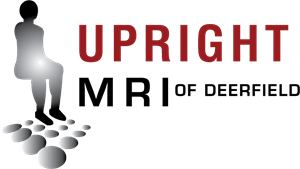
The World's Most Patient-Friendly MRI. A comfortable, stress-free, and completely reliable MRI scan. We offer patients an open, upright, standup MRI experience that helps those who are claustrophobic and stress being in a confined area. Upright MRI of Deerfield is recognized as the world leader in open MRI innovation,
Our Recent Post
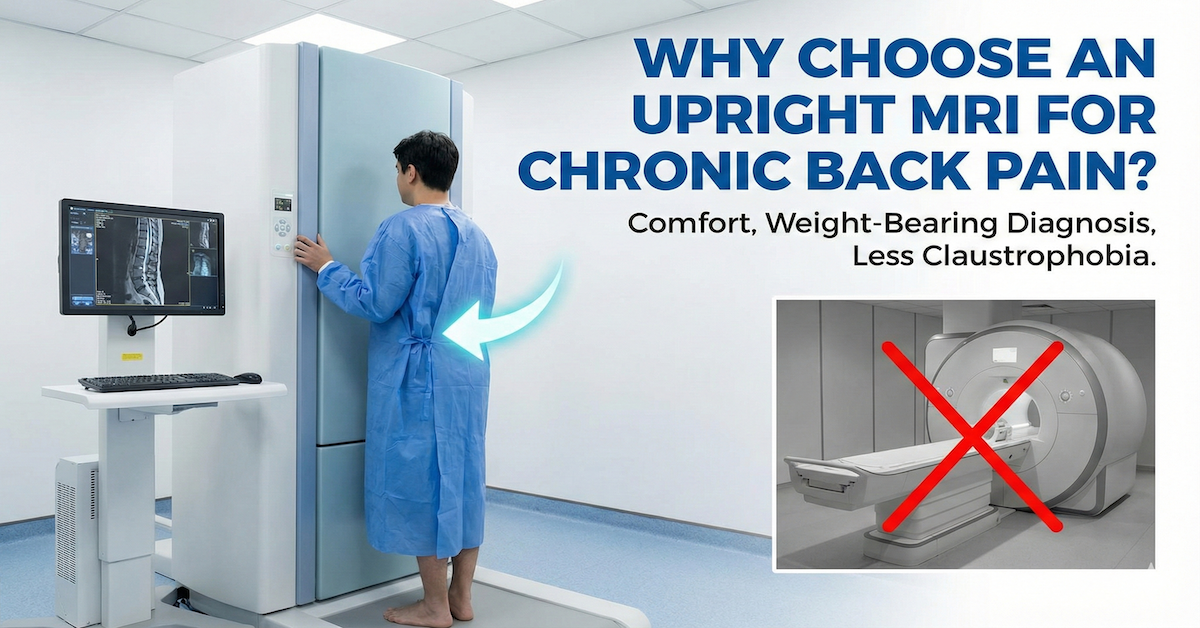
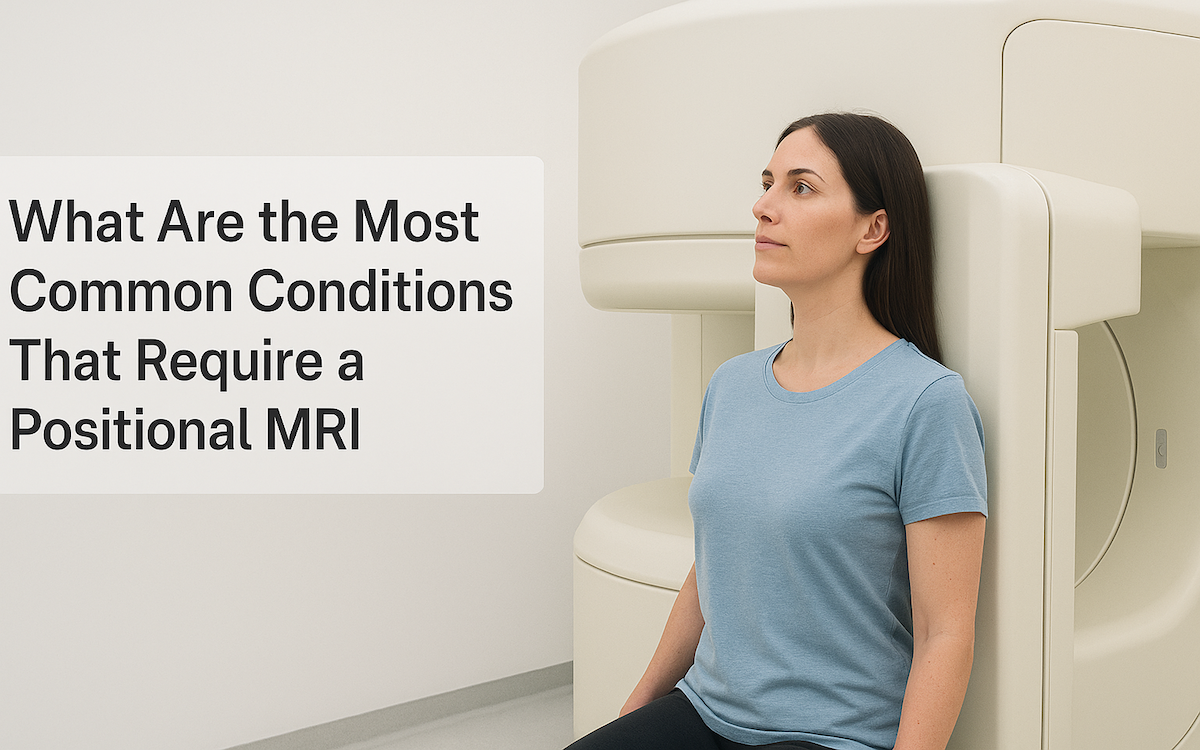
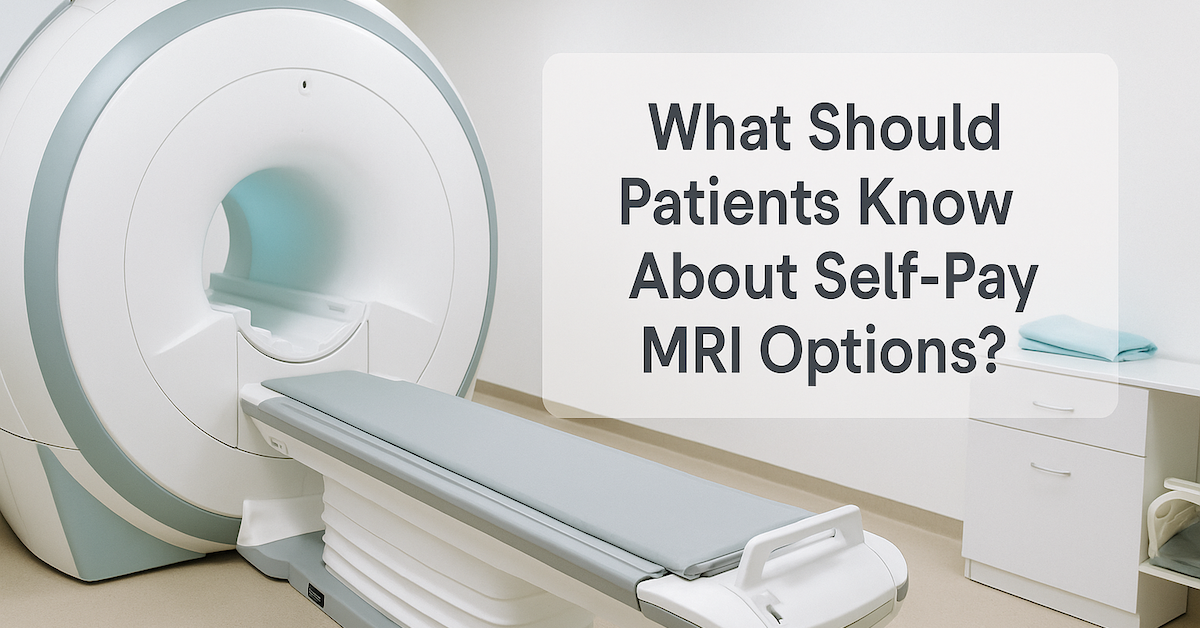
READ PATIENT TESTIMONIALS
Upright MRI of Deerfield.
Susan D.,
Highland Park, 39
I am going to tell everyone about your office! This was a great experience after I panicked in other MRI machines and had to leave. Thank you so much.

Judith B.,
Milwaukee, 61
I suffer from vertigo and other MRIs do not work. This was wonderful…absolutely NO discomfort at all. The MRI was so fast…I wanted to stay and watch the movie! Mumtaz was great. His humor really put me at ease. I’ve already recommended Upright MRI to friends.

Delores P.,
Glencoe, 55
Everything is so nice and professional with your place. I have been there a couple of times. My husband and I would not go anywhere else.

